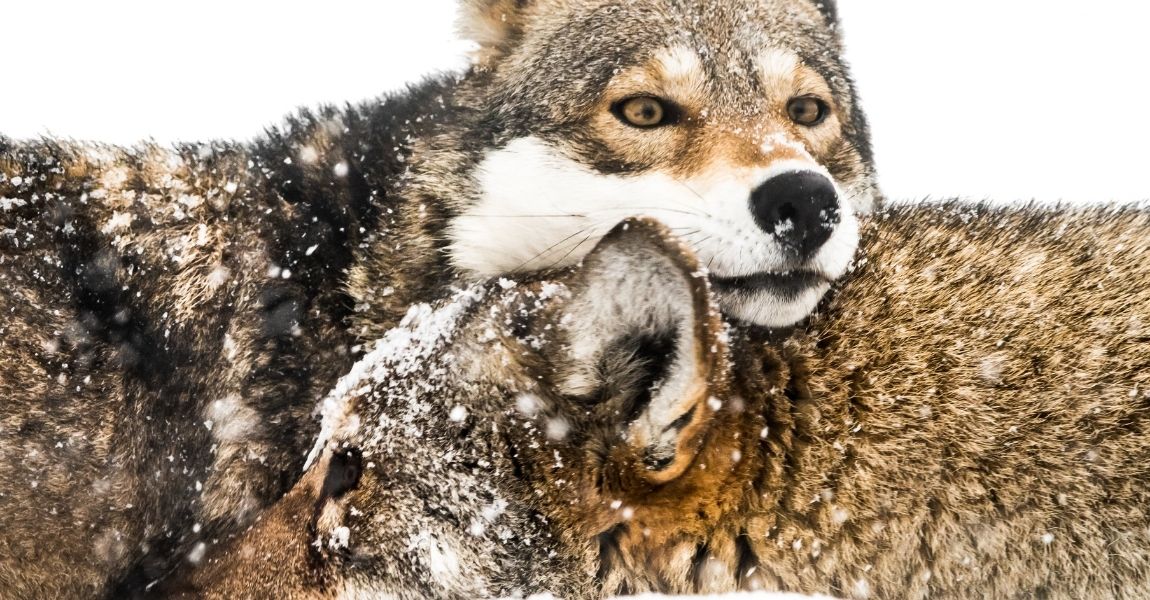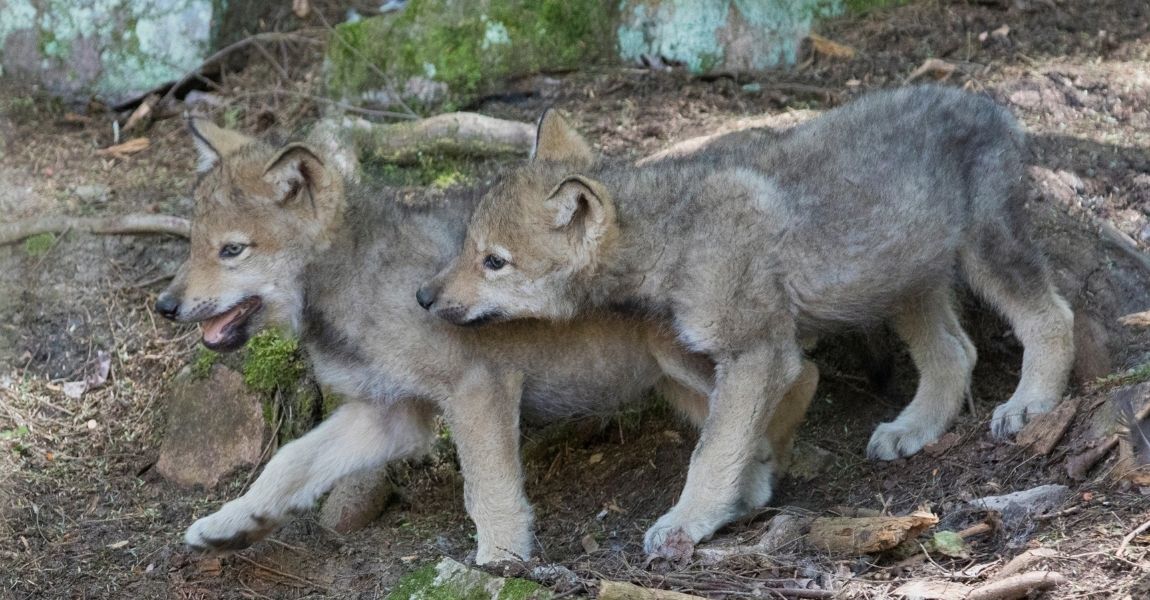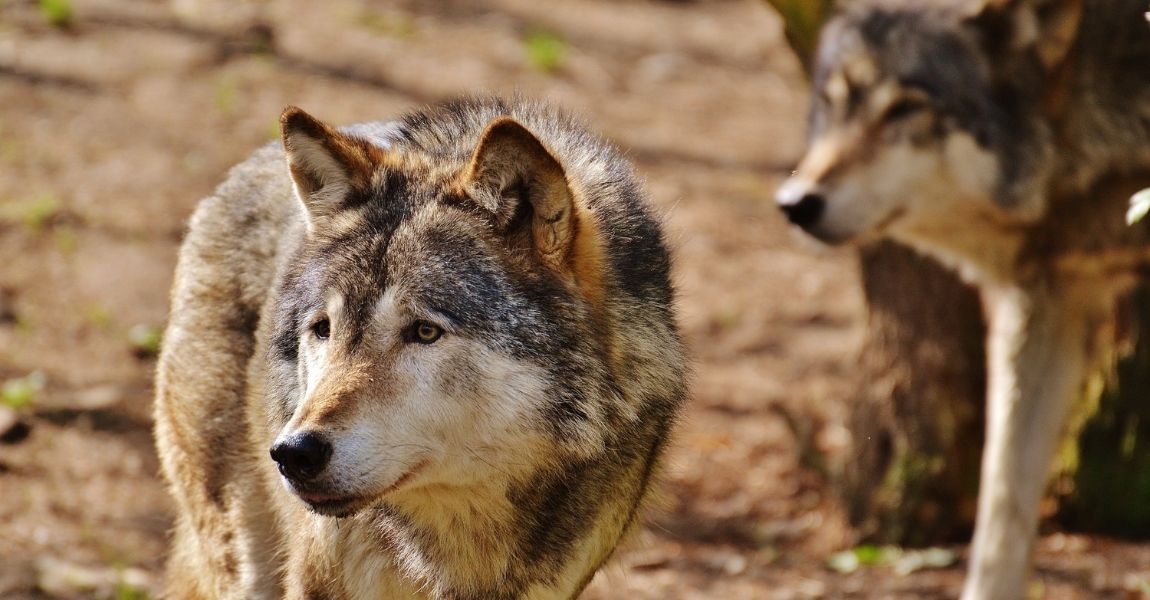Sexual Maturity in Wolves and Wolf-Dogs
Wolves typically reach sexual maturity at around two years of age, which is significantly later compared to most domestic dogs that mature between six to nine months. This delayed maturity in wolves can make it challenging to predict the exact timing for wolf-dogs, particularly those with high wolf content, which tend to follow the wolf's reproductive timeline more closely than those with mid to low wolf content.
Moreover, wolves and many high-content wolf-dogs breed only once a year, unlike domestic dogs that generally breed twice a year. This annual breeding cycle can lead to notable behavioural changes in wolves and wolf-dogs during the breeding season. These changes can be quite pronounced and may impact their behaviour significantly.

The Impact of Spaying and Neutering on Behavior
Spaying and neutering before an animal reaches sexual maturity may help mitigate some of the extreme behavioural changes associated with the breeding season. For instance, intact wolves and wolf-dogs can exhibit increased aggression, marking behavior, and restlessness during this period. By spaying or neutering your pet before they reach sexual maturity, these behaviors can be significantly reduced, making them easier to manage.
The decision to spay or neuter a pet wolf or wolf-dog should be made carefully, considering the animal's breed, expected adult size, and individual health needs. While early spaying and neutering can help reduce certain health risks, waiting until after sexual maturity might benefit joint health but could increase the risk of certain cancers. Consulting with a veterinarian who understands the unique needs of wolves and wolf-dogs is essential to make the best decision for your pet's health and well-being. By taking into account all relevant factors and professional advice, you can ensure that your pet wolf or wolf-dog lives a healthy and balanced life.




